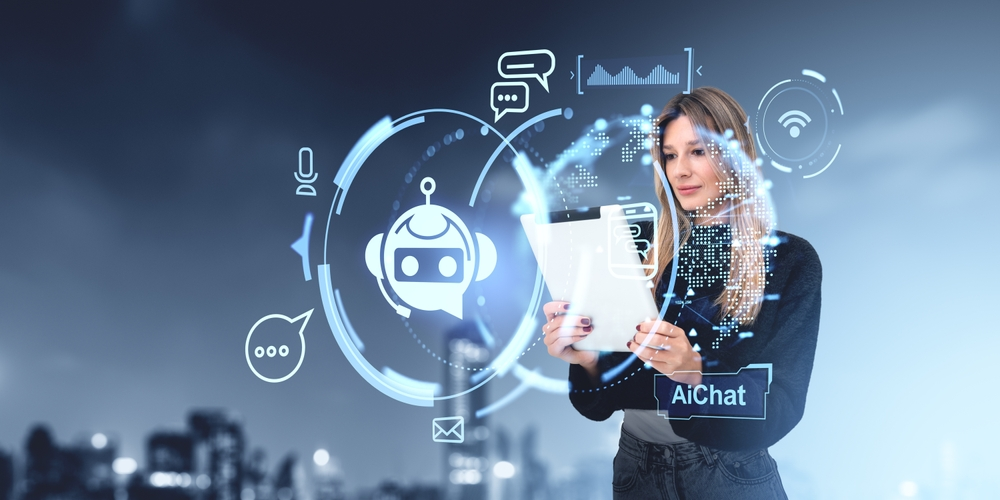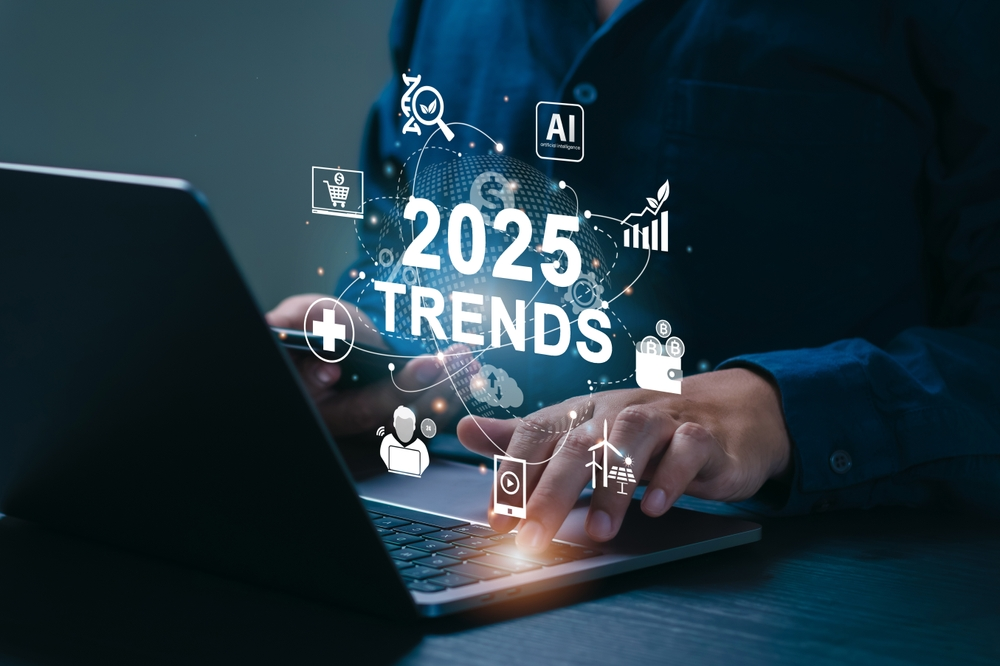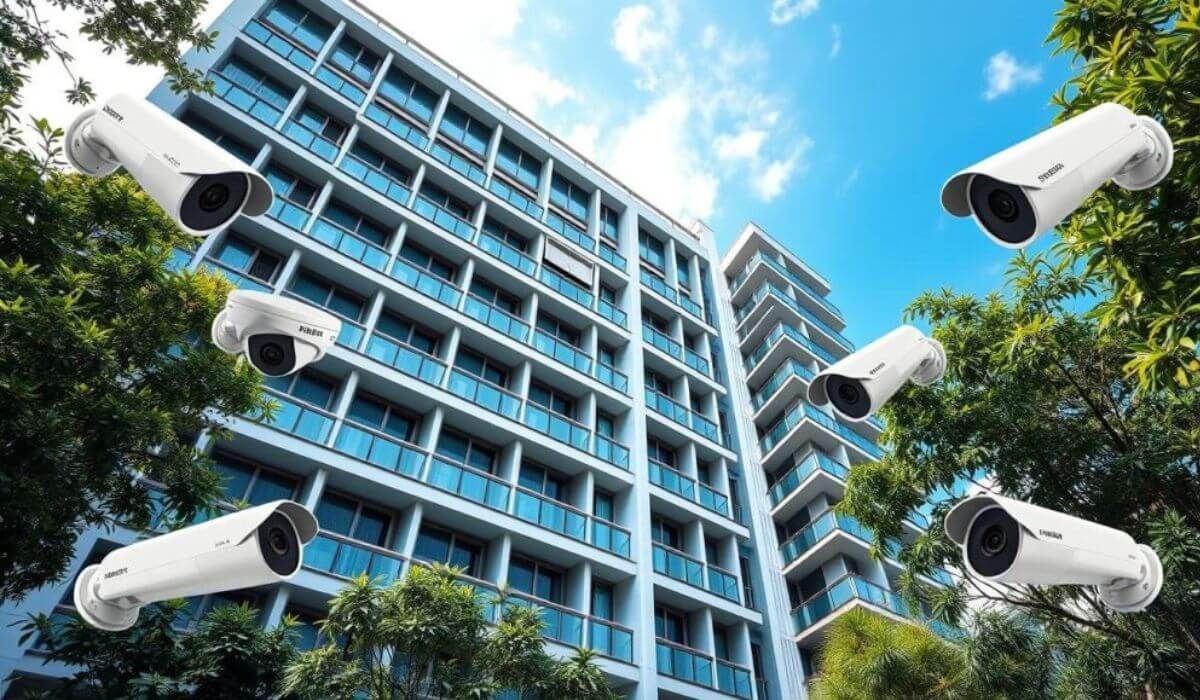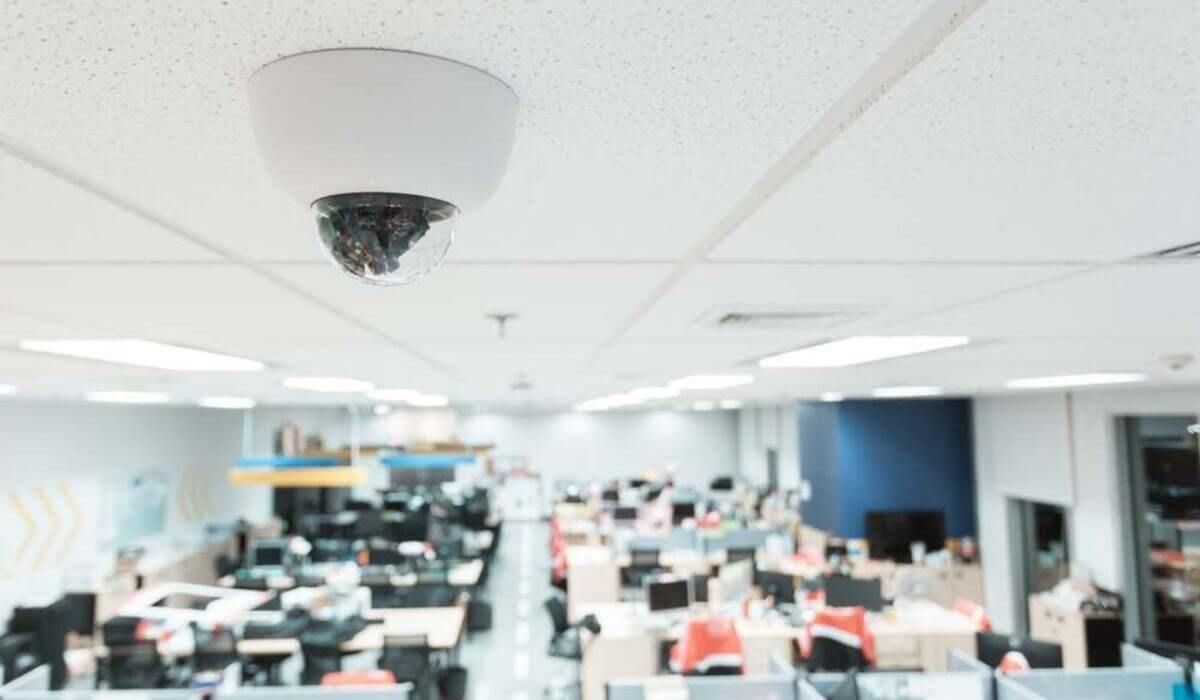How AI and Blockchain Are Improving Home Security Systems
In recent years, Australian homeowners have increasingly adopted smart home security solutions to protect their properties. With the rise of connected devices, however, comes the growing threat of cyber vulnerabilities. To address these concerns, technologies like artificial intelligence (AI) and blockchain are being integrated into home security systems, offering enhanced protection through automation and decentralization.
This guide explores how AI and blockchain are reshaping home security, providing insights into their roles, benefits, challenges, and future prospects.

The Role of AI in Home Security
- AI-Powered Threat Detection: AI enhances security systems by analyzing real-time data from cameras and sensors to identify unusual activities. Features like facial recognition and behavior analysis improve access control, ensuring that only authorized individuals enter your home.
- Machine Learning for False Alarm Reduction: Traditional security systems often trigger false alarms due to pets or environmental factors. AI-powered systems learn homeowner routines and distinguish between actual threats and benign events, minimizing unnecessary alerts.
- AI-Powered Remote Monitoring and Automation: Modern AI-integrated systems allow homeowners to monitor their properties remotely via smartphones. These systems can automatically lock doors, trigger alarms, or notify authorities when suspicious activities are detected, integrating seamlessly with other smart home devices.
Read more about How AI is improving security.
The Role of Blockchain in Home Security
- Decentralized Security Systems: Blockchain technology eliminates central points of failure by distributing data across a network, making it more resistant to hacking. Security data stored on a blockchain is tamper-proof, ensuring the integrity of your home security system.
- Smart Contracts for Access Control: Blockchain enables the use of smart contracts to manage access permissions. Homeowners can grant or revoke access digitally, reducing reliance on physical keys or passwords and enhancing security.
- Secure Data Encryption and Privacy: Blockchain ensures that data transmitted between security devices is encrypted and secure. This reduces the risk of data breaches and unauthorized access, safeguarding your personal information.
Read more about
Blockchain's impact on security systems.

Combining AI and Blockchain for Ultimate Security
Real-Time Threat Detection and Immutable Data Integrity
AI excels at analyzing data from security cameras and sensors to identify potential threats in real-time. When combined with blockchain's immutable ledger, every event - such as a door opening or motion detected - is securely recorded and time-stamped. This ensures that security data is tamper-proof and verifiable, providing homeowners with trustworthy records of all activities.
Automated Access Control with Smart Contracts
Blockchain enables the use of smart contracts to manage access permissions within a home security system. For instance, homeowners can grant temporary access to guests or service providers, with the smart contract automatically revoking access after a specified period. AI enhances this by analyzing behavior patterns to detect anomalies, ensuring that only authorized individuals gain entry.
Enhanced Privacy and Decentralized Data Management
Privacy is a significant concern in smart home environments. Blockchain's decentralized architecture ensures that personal data is not stored in a single location, reducing the risk of large-scale data breaches. AI further contributes by processing data locally on devices, minimizing the need to transmit sensitive information over networks.
Adaptive Security Systems
The synergy between AI and blockchain leads to adaptive security systems that learn and evolve over time. AI algorithms can adjust security protocols based on user behavior and environmental factors, while blockchain ensures that these changes are securely documented and auditable.
Challenges and Considerations
- Cost of AI and Blockchain Security Systems: Implementing advanced security systems can involve significant initial investment. However, the long-term benefits, including enhanced protection and potential reductions in insurance premiums, can offset these costs.
- Integration with Existing Security Infrastructure: Upgrading to AI and blockchain-based systems may require compatibility assessments with existing infrastructure. Some older systems might need additional components or replacements to integrate effectively.
- Privacy Concerns and Ethical Considerations:
While these technologies enhance security, they also raise privacy concerns, especially regarding data collection and storage. It's crucial to ensure that biometric and personal data are handled in compliance with privacy regulations.

The Future of AI and Blockchain in Home Security
As smart home technologies continue to evolve, the integration of Artificial Intelligence (AI) and blockchain is set to redefine home security systems. These advancements promise enhanced protection, greater privacy, and more intuitive control for homeowners.
AI-Driven Predictive Security
AI is transforming home security from reactive to proactive. By analyzing patterns in behavior and environmental data, AI can anticipate potential security threats before they occur. For instance, AI-powered systems can distinguish between routine movements and unusual activities, reducing false alarms and ensuring timely alerts. This predictive capability allows homeowners to address vulnerabilities proactively, enhancing overall safety.
Blockchain-Enhanced Data Integrity
Blockchain technology offers a decentralized and immutable ledger for recording security events. This ensures that data collected from various sensors and devices remains tamper-proof and verifiable. In the event of a security breach, blockchain provides a reliable record of events, aiding in investigations and insurance claims. Moreover, blockchain's decentralized nature reduces the risk of a single point of failure, enhancing the resilience of home security systems.
Seamless Integration with Smart Home Ecosystems
The convergence of AI and blockchain facilitates seamless integration with broader smart home ecosystems. AI algorithms can manage and automate various devices, such as lighting, thermostats, and appliances, based on user behavior and preferences. Blockchain ensures secure communication between these devices, maintaining data privacy and system integrity. This synergy creates a cohesive and secure smart home environment.
Personalized and Adaptive Security Measures
Future home security systems will offer personalized experiences, adapting to the unique needs of each household. AI can learn individual routines and adjust security protocols accordingly, while blockchain provides secure identity management for residents and authorized visitors. This combination ensures that security measures are both effective and unobtrusive, enhancing user satisfaction.
Enhanced Privacy and Control
Privacy concerns are paramount in the digital age. Blockchain's encryption capabilities protect sensitive data collected by AI-driven devices, ensuring that personal information remains confidential. Homeowners gain greater control over their data, with the ability to grant or revoke access as needed. This empowerment fosters trust in smart home technologies.
Conclusion
AI and blockchain technologies are revolutionizing home security by providing smarter, more resilient systems. For Australian homeowners seeking to enhance their property's protection, adopting these innovations offers a forward-thinking approach to safety.
Secure your home with cutting-edge AI and blockchain technologies - explore advanced solutions with Scavi today.



